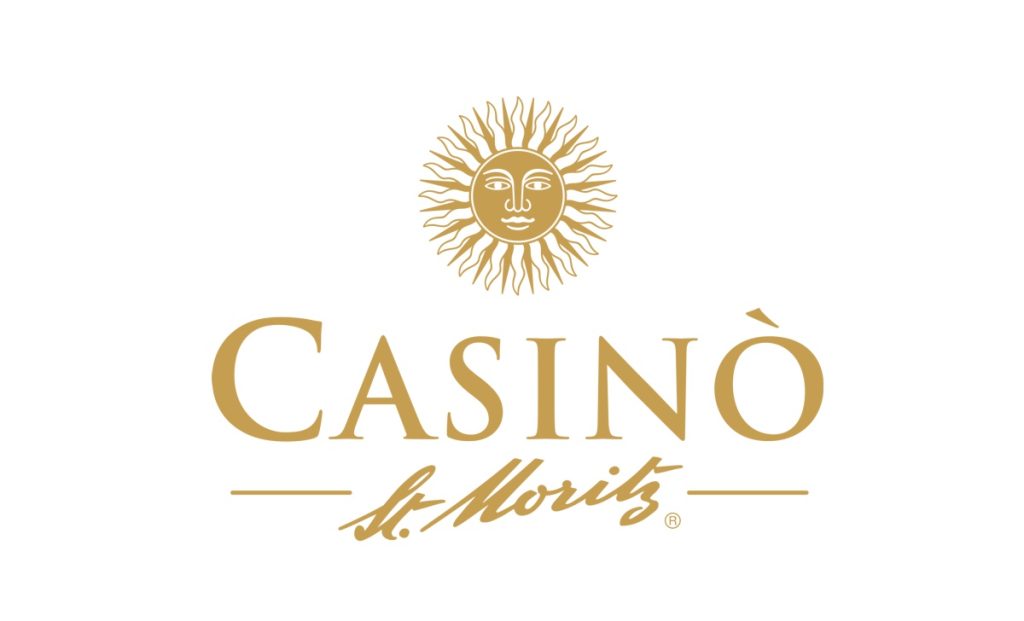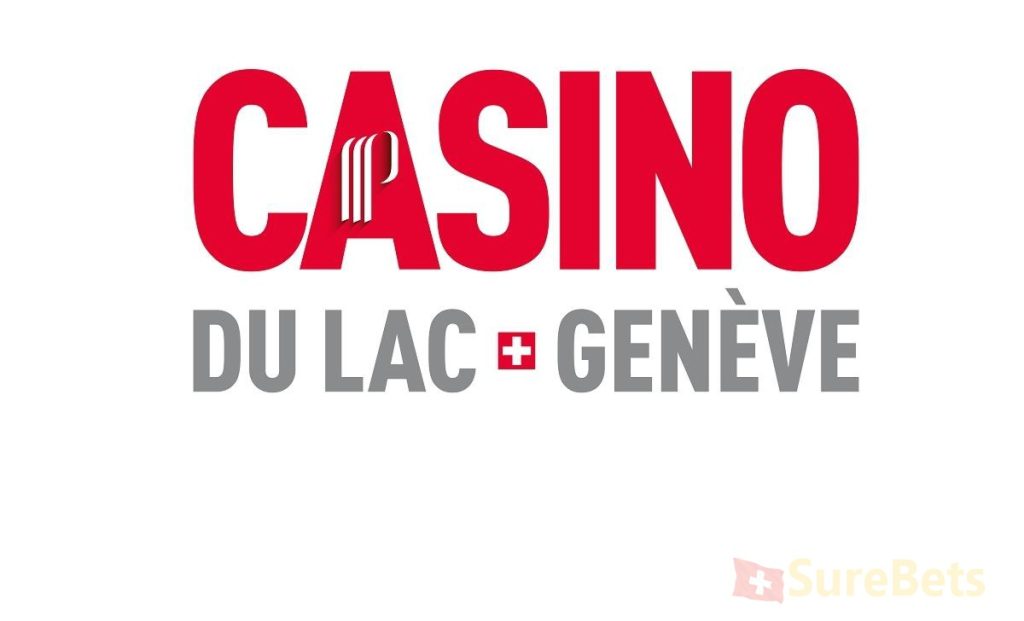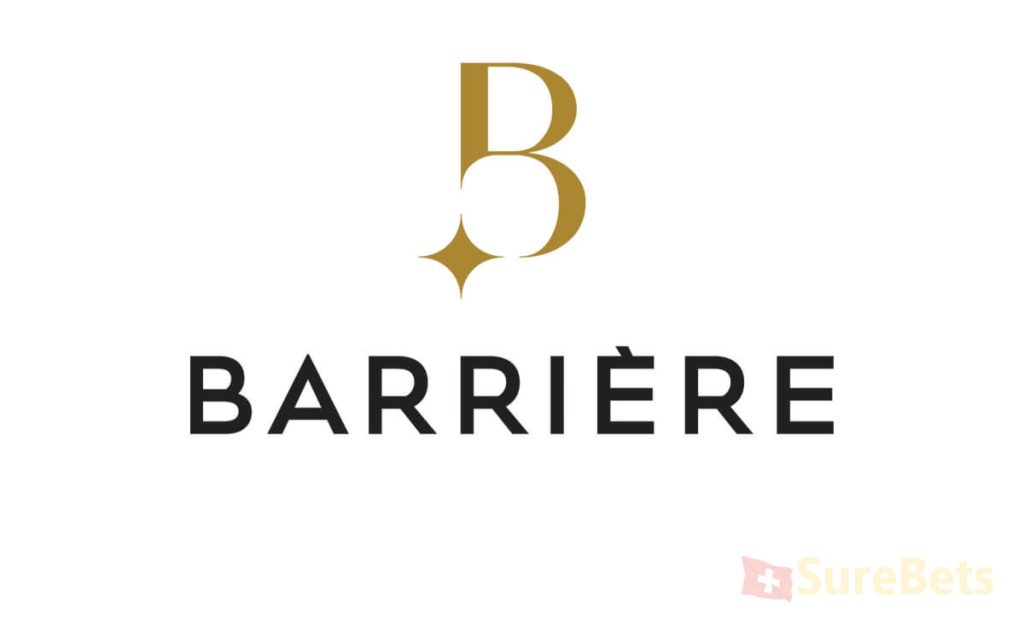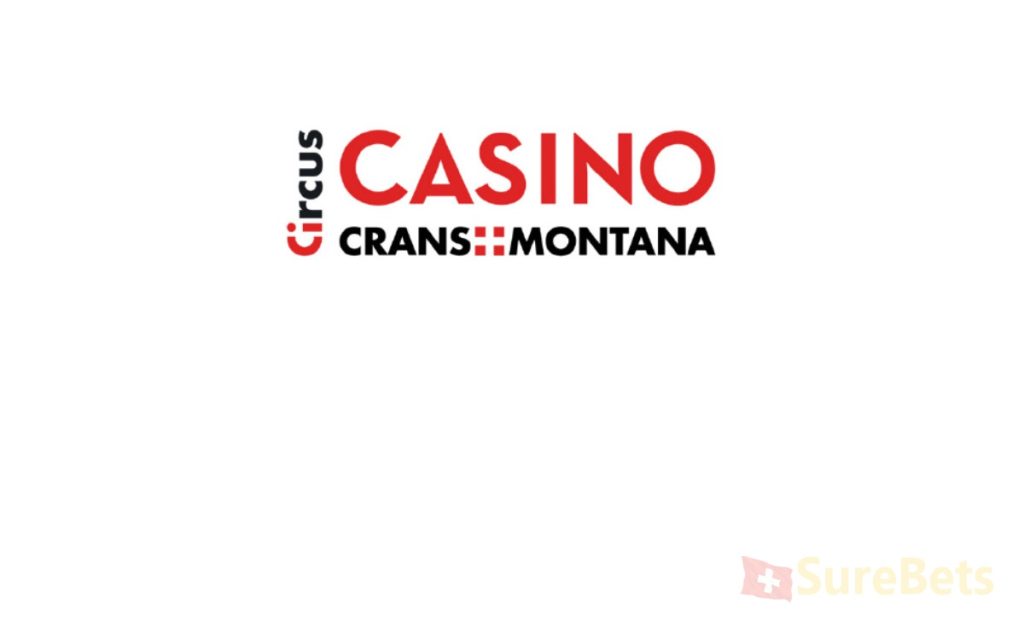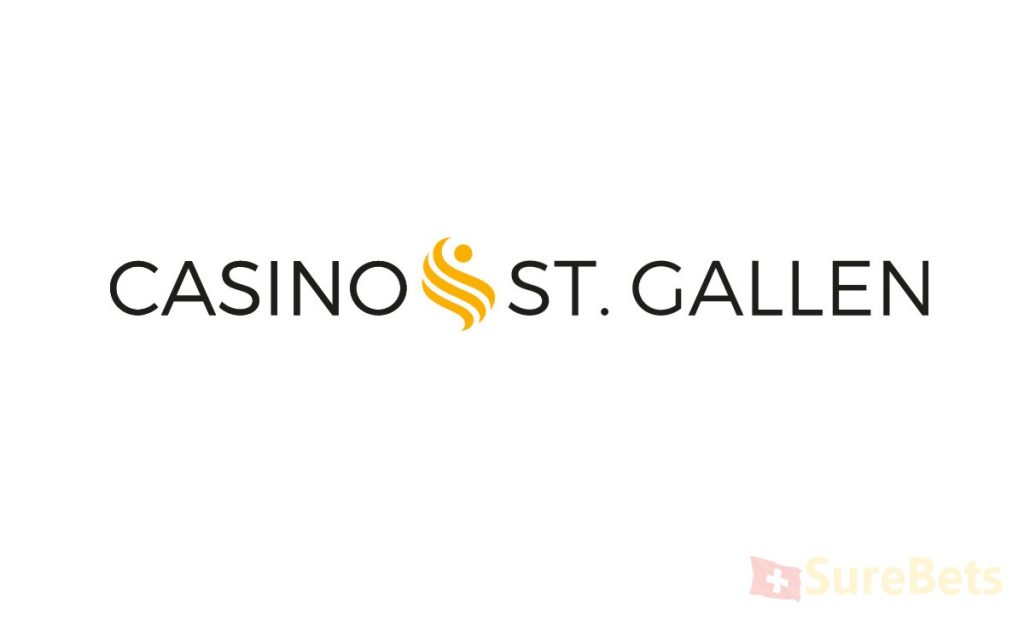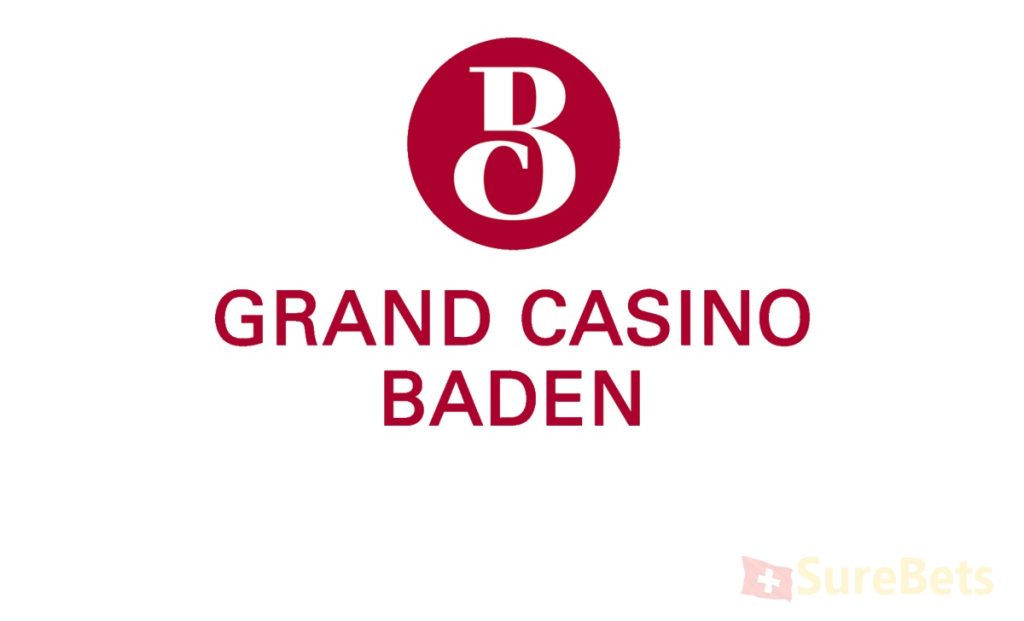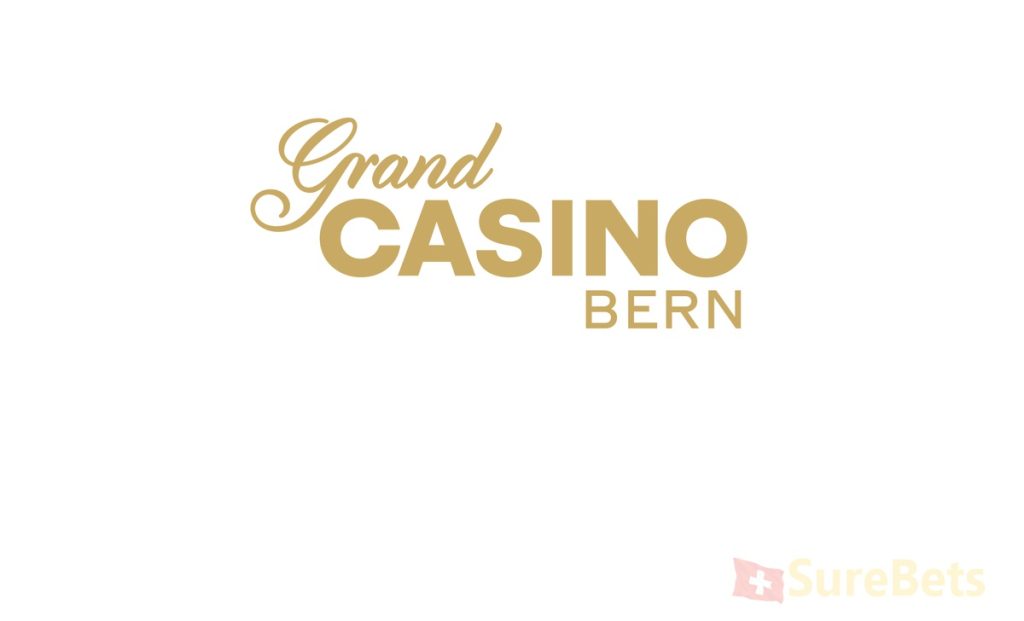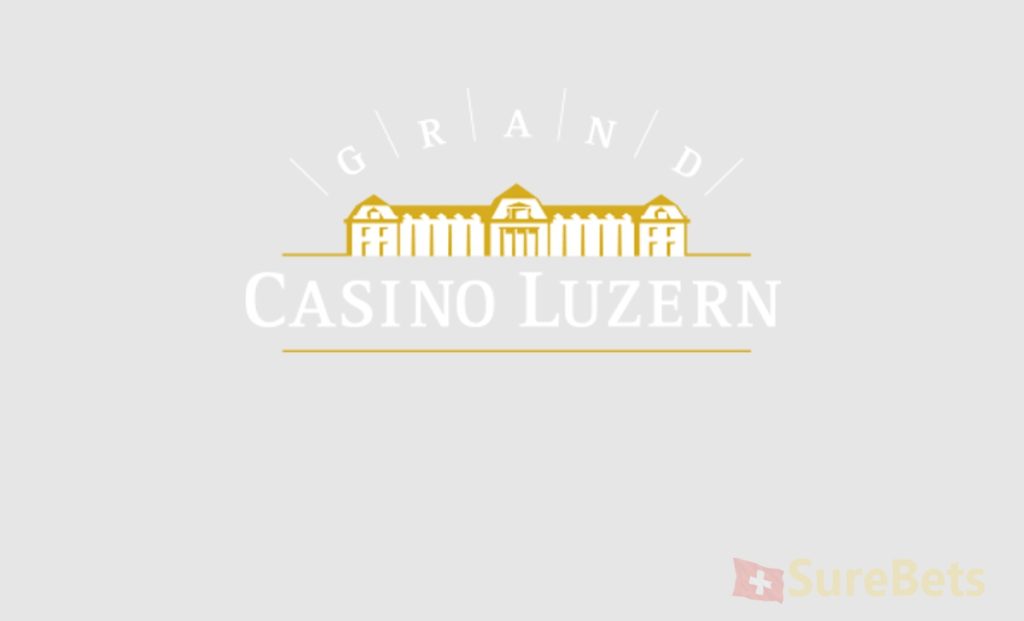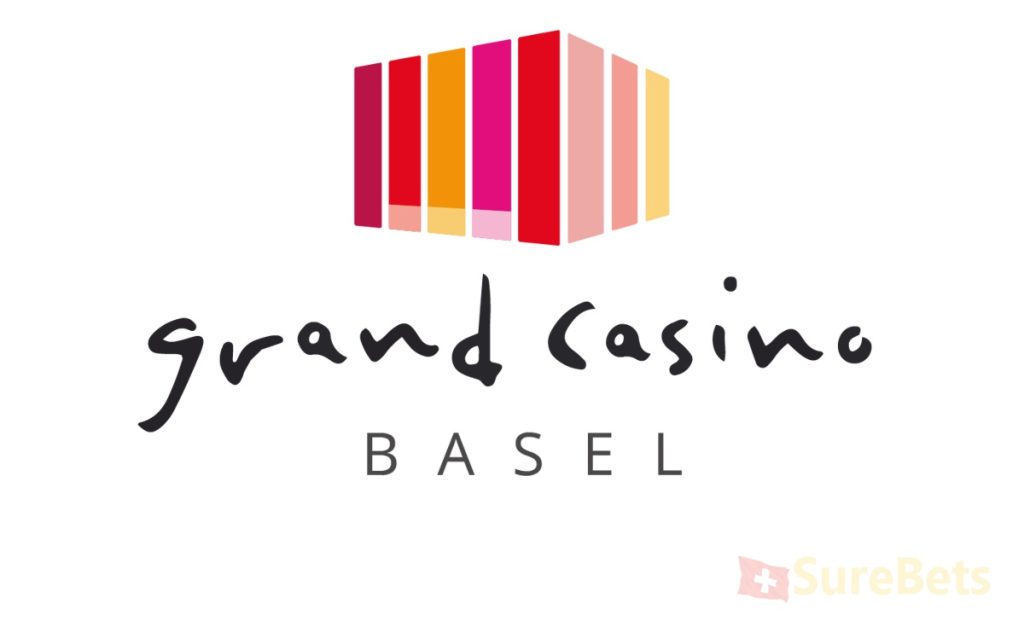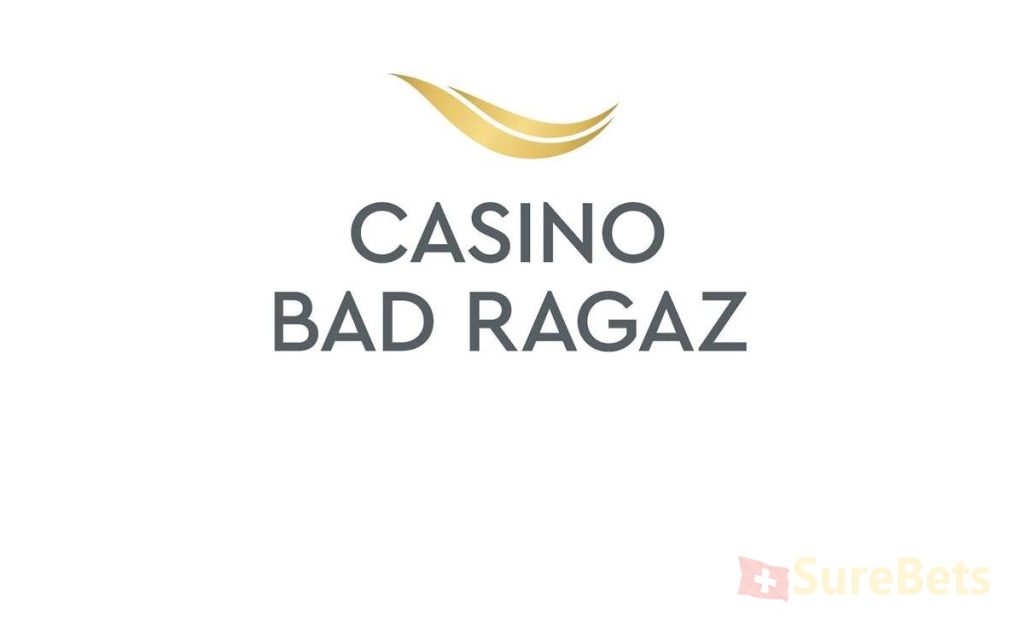Switzerland is one of the few countries in Europe that has legal online and land-based casinos. In the country, gamblers can enjoy all sorts of casino games without any restrictions. In fact, the country has 21 land-based casinos, which is quite a big number considering its size. These casinos are evenly spread throughout the country to serve over 8.6 million residents and tourists. This means that Switzerland is one of the countries with the highest ratios in terms of casinos per capita.
History of Land-based Casinos in Switzerland
Switzerland has a long history of gambling that dates back to the 1800s. In essence, there are casinos in the country that legally began operating as early as 1881. Decades later, in 1921, the country declared all domestic gambling operations illegal. However, legislators allowed casinos that had been operating before 1921 to remain in business. With the declaration, Switzerland stopped issuing licenses to new casinos.

In 1998, lawmakers in the country passed the Federal Act on Games of Chance and Casinos. From then on, citizens could vote on everything relating to gambling within the country’s borders. Moreover, the Act marked the start of casino re-legalization that later led to online casino legalization. In 2000, the Swiss constitution’s ban on land-based casinos eased up and the industry began to flourish again. Today, the country has one of the highest densities in terms of location-based casinos worldwide.
Laws Governing Casinos in Switzerland
The Swiss Federal Gaming Board (SFGB) regulates all gambling activities that take place within casino establishments in the country. This government agency is responsible for supervising and enforcing gambling regulations in accordance with the Gambling Act of 2000.
Further, gaming laws in Switzerland divide games into two: games of chance and arcade games. Interestingly, only casinos are allowed to organize games of chance. According to Swiss gambling laws, an individual has to be 18 years or older to place wagers legally at licensed casinos. In cantons such as Graubünden, the age requirement is 21 years and above. Therefore, players are required to show their ID before entering a casino establishment. In fact, casinos reserve the right to turn away a player if they fail to show an ID. Moreover, casinos can reject a gambler if they are highly indebted or their wager is disproportionate to their ownership status.
Casinos are always required by law to provide annual reports on the steps they have taken to deal with gambling problems. With that said, brick & mortar casino licenses have a validity period of 6 years, after which they must be renewed. All license fee details and requirements can be obtained from the Swiss Federal Gaming Board’s website.
Types of Land-based Casino Licenses
All land-based casino games including roulette and blackjack fall under the jurisdiction of the Federal Act. As such, the SFGB is responsible for determining the games a casino offers. The board also determines the maximum stake that the casinos can set. With that said, the rules governing casinos depend on the canton where the casino is.
The Swiss gambling laws only allow for 21 casinos to operate within the country. This number has since been reached which means that no new land-based casinos can obtain a license.
To this day, the SFGB has only issued the following two types of casino licenses:
Type A Casino License
Casinos with this type of license are known as grand casinos. With a type A license, there are no limits in terms of stake. In fact, the maximum stake set by a casino on any game can exceed CHF 25. A-type casinos have no limits when it comes to gaming machines and the number of tables as well. In addition, grand casinos can offer progressive jackpots without any restrictions.
Type B Casino License
Casinos with type B licenses in the country are considered spa or resort casinos. They have limited stakes (not exceeding CHF 25) and can offer a maximum of three types of table games. Resort or spa casinos are required by law to set maximum winnings per game as well. The highest number of slot machines that these casinos can have is 250. Moreover, they are not allowed to offer progressive jackpots.
Brick & Mortar Casino Taxation
Based on studies, the rate of taxation in Switzerland is one of the highest in Europe. In some instances, the gambling tax rate in the country can reach 100% since it has a progressive system of taxation.
Switzerland surcharges all casinos a tax rate of 40 percent up to 10 million francs per financial year. The tax rate increases by 0.5% for each additional CHF 1 million in the gross gambling revenue. However, the tax rate can only go as high as 80% for each extra million francs.
In addition, all land-based casinos must pay other regular taxes such as corporate taxes, which can go as high as 21%. Most importantly, casinos are exempted from paying VAT on gambling activities. With such a high rate of taxation, brick & mortar casinos have always recorded losses annually, since 2017. On the other hand, the law exempts Swiss players from paying taxes based on their winnings. This means that gamblers can cash out all their winnings without worrying about taxation.
The Best Land-based Casinos in Switzerland
Switzerland is home to 21 brick & mortar casinos located in various cantons to offer gambling services. However, finding an ideal casino can be challenging for several reasons based on the needs of a player.
The following are some of the best brick-and-mortar casino establishments in Switzerland.
Bottom Line
In Switzerland, gambling at land-based casinos is possible as long as a player is 21 years or older. The gambling law also allows casinos to reject players with gambling addiction. Brick & mortar casinos are located both in tourist resorts and big cities for ease of access. No matter the license type a casino has, it can only open for business from afternoon till morning. Further, at Swiss casinos, players can enjoy various kinds of games including baccarat, blackjack, poker, and roulette.


